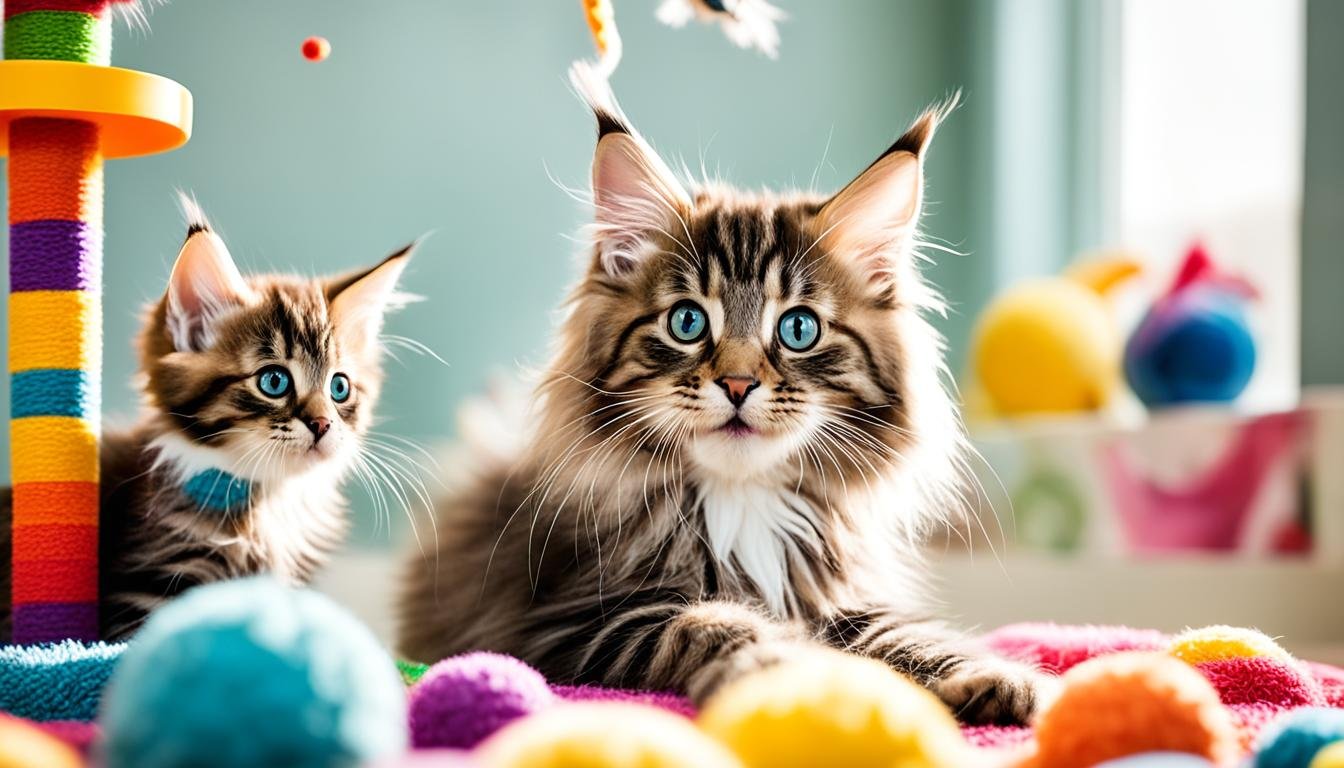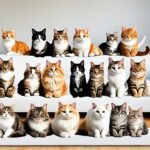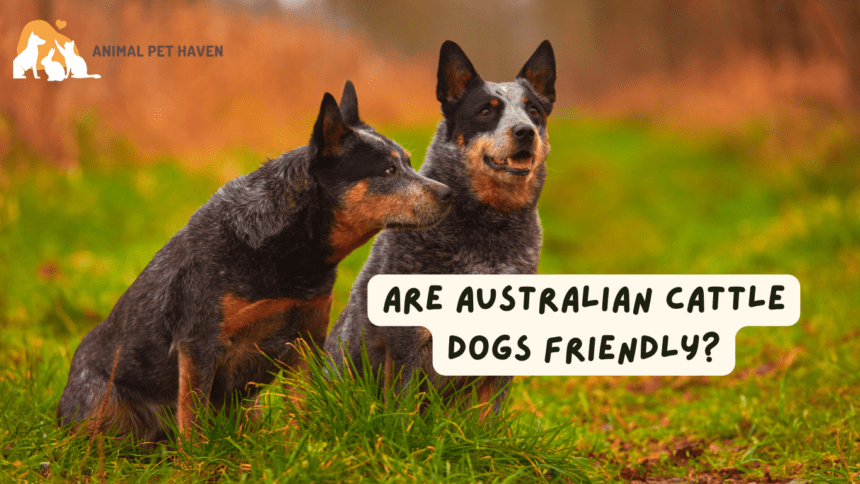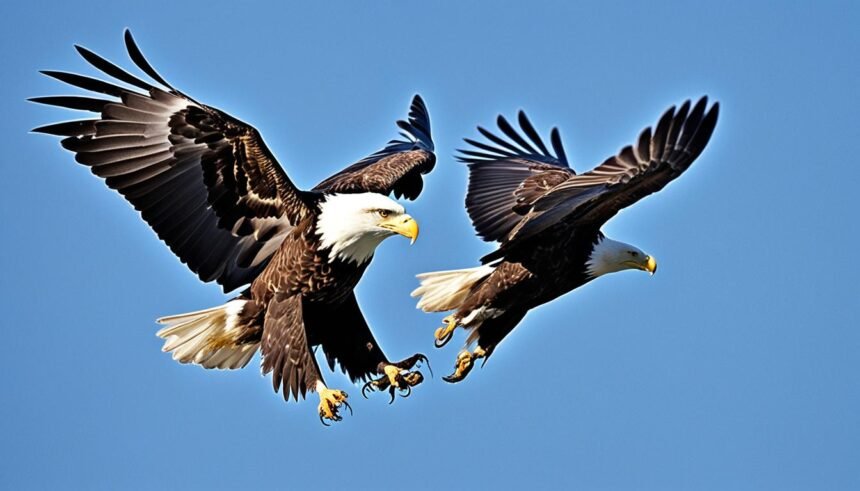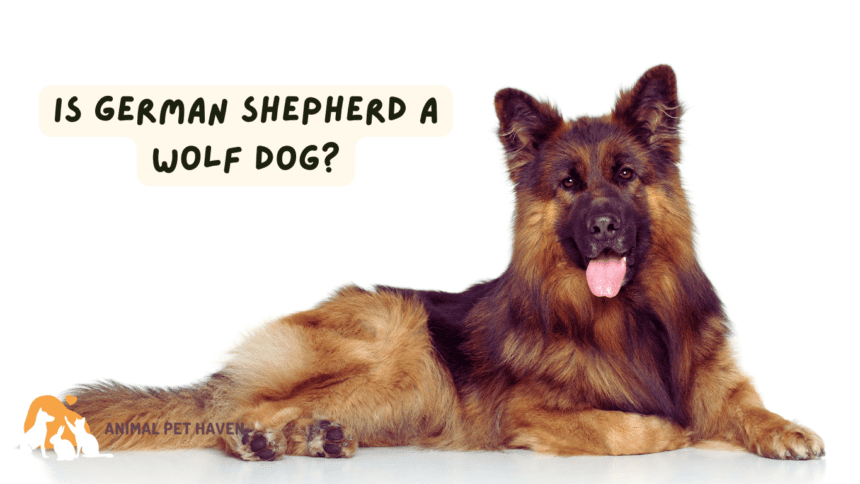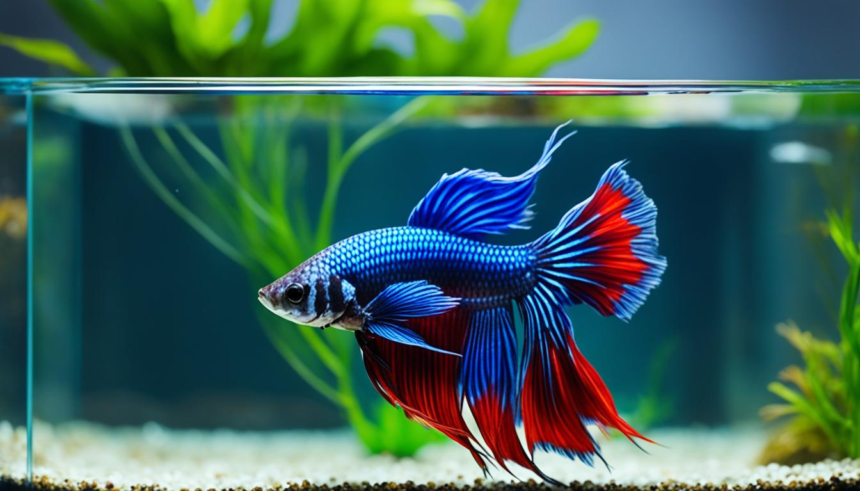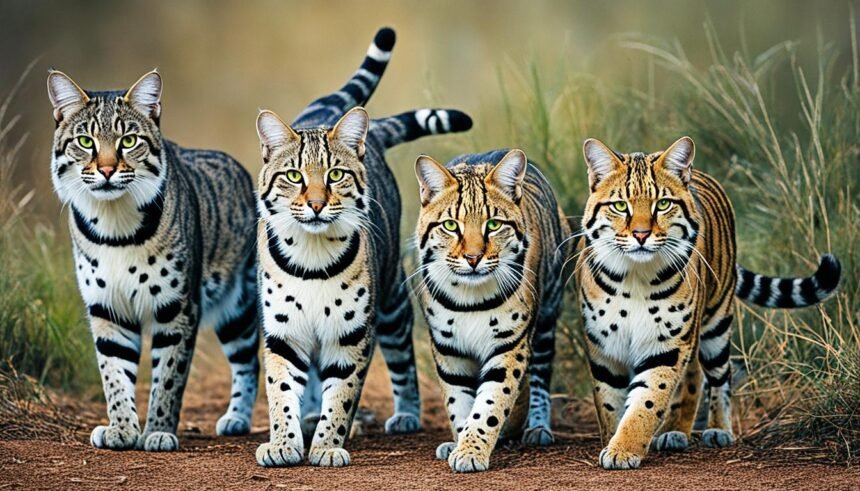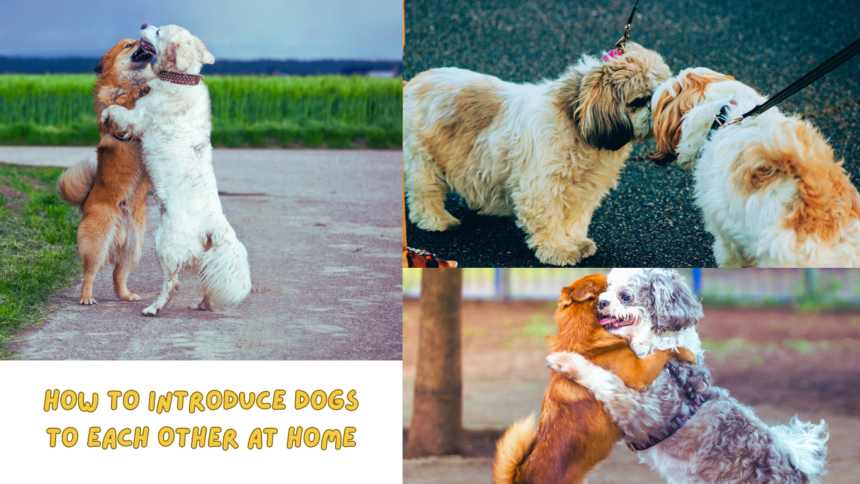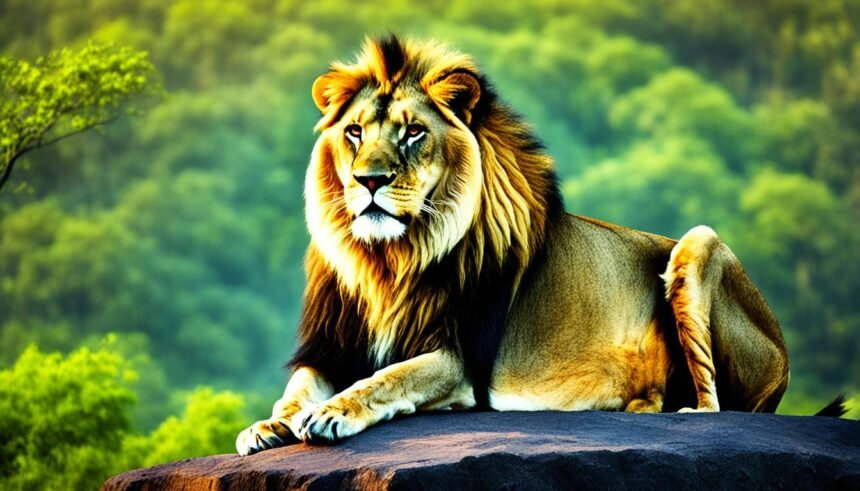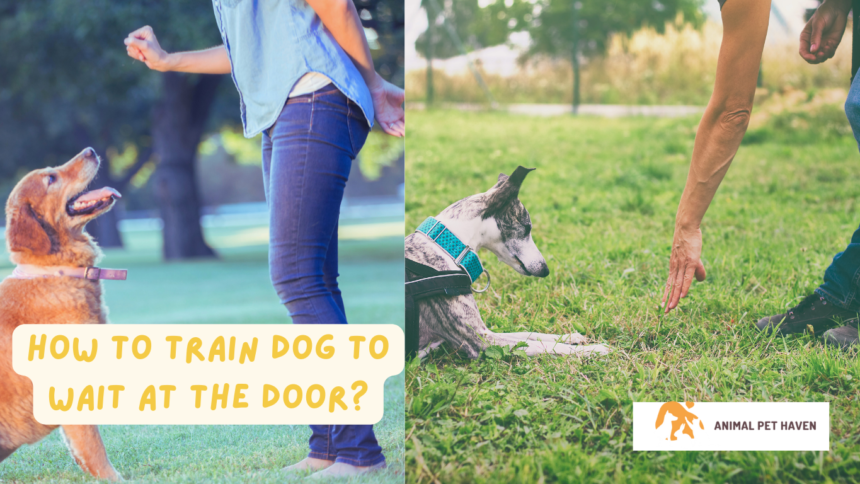Maine Coon kittens are more than just cats; they are a journey into unique friendship. They come from a strong background and are as grand physically as they are affectionate. To help them thrive, owners need to understand their care deeply. There’s a lot of info pointing towards the importance of a detailed care guide for their growth. They grow from small newborns into strong, curious cats ready for a new home.
Learning about Maine Coon kittens starts with understanding their early care needs. Their mothers stay close in the first week, teaching important care lessons. This shows what families should do when they bring a Maine Coon home from a Maine Coon Cattery.
Feeding them a diet rich in raw protein or high-quality kibble is crucial for their growth and health. They also need lots of social time and fun toys for their wellbeing. Don’t forget about grooming their beautiful fur regularly with care and patience.
Choosing a Maine Coon kitten means committing to their care, including their diet. They bring the spirit of their breed into your home. It’s important to research and understand their needs for a happy adoption and friendship.
Understanding the Maine Coon Breed
Maine Coons are truly majestic, with their friendly personality making them a favorite. These cats originated from Maine’s tough landscapes. Their physical and behavioral traits set them apart. They’re not just interesting pets but loving friends too.
Maine Coons are very affectionate. They are calm and enjoy being around people. This makes them perfect for homes with kids or other pets. These ‘gentle giants’ are patient and soft. Even though they are big, they are not rough.
These cats look striking. They have long fur, tufted ears, and bushy tails. This gives them a wild, mythical look. They come in up to 75 colors. From shiny slate gray to bright tortoiseshell, their beautiful coats show their purebred quality and strong genes.
Maine Coons have interesting features that help them adapt. About 40% of early Maine Coons had extra toes. This helped them walk on snow in Maine.
Maine Coons grow slowly and don’t fully mature until 3-5 years old. Males can weigh over 20 pounds and grow nearly four feet long. Sometimes, people think they are small bobcats because of their size.
Caring for their long coats helps bond with them. Grooming turns into a special time of connection. During these moments, their loving personalities really shine.
By understanding Maine Coons’ special qualities and how to care for them, you can truly enjoy having one of these majestic, purebred cats.
Preparing Your Home for a Maine Coon Kitten
Getting a Maine Coon kitten is exciting and a little overwhelming. It’s crucial to make a cozy and safe space for them. This helps them feel secure and loved right when they come home.
Safe Spaces and Comfort
Creating a welcoming area starts with picking a room just for your kitten. This room should be peaceful and filled with comforting items like a soft bed and blankets. Make sure it’s safe so your kitten can explore without getting into trouble.
Setting up this area involves a few key steps:
- Place a comfortable bed for your kitten to relax and sleep in.
- Add a scratching post for their need to scratch.
- Protect all electrical cords and remove small dangerous objects they might eat.
Essential Supplies and Equipment
It’s important to have the right supplies for your kitten’s daily needs. Here’s what you should get:
- Stainless steel bowls for food and water because they’re easy to clean.
- Quality food that meets the growth needs of a Maine Coon.
- A litter box in a spot that’s easy for your kitten to get to.
- Various toys to keep them busy and moving.
- Grooming tools to keep their fur and claws in good shape.
Below is a table showing the basic things you’ll need for your kitten:
| Category | Items |
|---|---|
| Hygiene | Litter box, grooming tools, scratch post |
| Nutrition | Kitten food, water and food bowls |
| Comfort | Pet bed, toys, kitten-safe room |
| Safety | Chew-proof covers, secure windows and doors |
When preparing your home for a new kitten, focus on safety and comfort. This helps them settle in better. Keeping these things in mind ensures your Maine Coon kitten grows up healthy and happy in their new home.
The First Days: Welcoming Your Kitten Home
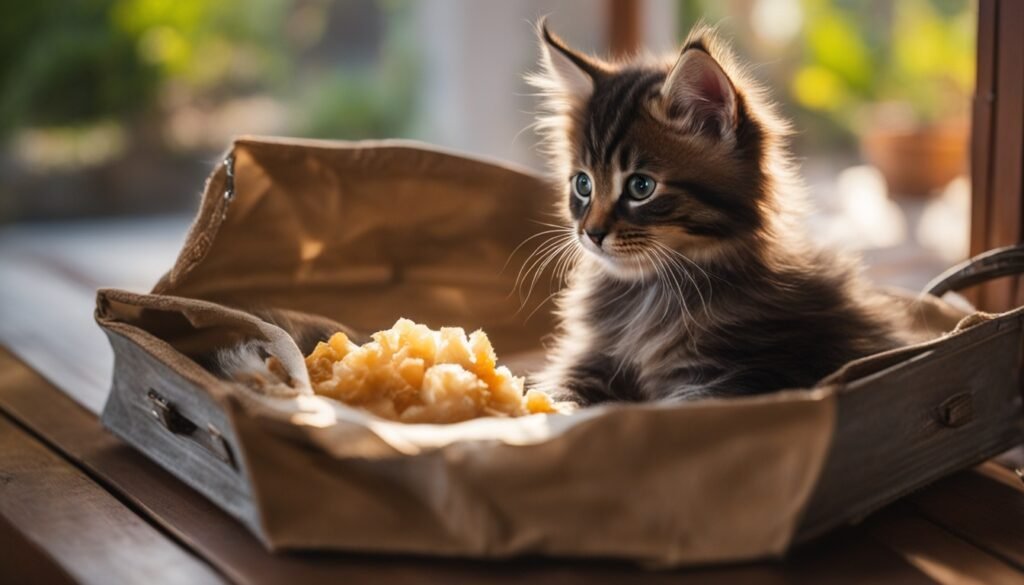
Bringing a Maine Coon kitten into your home is exciting. It’s important to make your new pet feel safe and loved. You can do this by getting it used to its new home and bonding with your family.
Start by creating a small, cozy area for your kitten. This area should have essentials like food, water, and a bed. Maine Coon kittens need a lot of water, so keep it fresh.
You may be interested
Let your Maine Coon explore its new home slowly. You can introduce it to different rooms gradually. Setting up a regular routine for meals, play, and sleep helps lower stress.
Spending time playing with your kitten builds trust. Use toys to show that hands are for affection, not play. Slowly introduce your kitten to other family members to avoid stress.
Take your kitten to the vet soon after bringing it home. This ensures it starts healthy. Below is a guide for caring for your Maine Coon kitten:
| Age Group | Meals per Day | Advice |
|---|---|---|
| Under 3 months | 4-6 | Give them food rich in nutrients and always have water available. |
| 3-6 months | 3-4 | Create a feeding routine to get them used to fixed meal times. |
| 6-12 months | 2-3 | Start to lessen meal times as they grow older. |
Following these steps will make welcoming your kitten a great experience. It also helps your kitten grow into a happy, healthy pet.
Nutritional Needs of Maine Coon Kittens
It’s important to know what Maine Coon kittens need to eat for good health. They need a special diet because they are big and full of energy. This diet should help them grow well from a young age.
Choosing the Right Diet
Feeding a Maine Coon kitten the right food is key. A diet high in protein and free from grains helps build their strong bodies. Look for brands like Blue Buffalo Wilderness and Purina ProPlan True Nature. They offer food that meets a kitten’s needs well.
The chosen diet should meet their energy needs and be something they enjoy eating. It should also be easy for them to digest.
Transitioning to Solid Foods
Switching Maine Coon kittens from milk to solid food is an important step. This usually starts when they are about 4 to 5 weeks old. At first, they should eat high-quality canned food, like Purina ProPlan True Nature Grain-Free Canned Food.
By the time they are 6 to 7 weeks old, kittens begin eating dry food along with canned food. This mix helps them get used to eating solids. It also ensures they get all the nutrients they need without overeating, which can cause weight problems.
It’s vital to watch how much kittens eat during this time. This helps avoid overfeeding and obesity. Also, slow introduction of new foods can spot any food sensitivities or allergies early. This way, their diet can be adjusted quickly if needed.
| Age | Food Type | Brand | Notes |
|---|---|---|---|
| 4-5 weeks | Canned Food | Purina ProPlan True Nature Grain-Free | Introduce as first solid food. |
| 6-7 weeks | Dry Kibble and Canned Food | Various Brands | Transition towards mixed diet. |
| Adult | Dry and Canned Food | Instinct Ultimate Protein and Purina ProPlan | Maintain with high-protein diet. |
Choosing the right diet for Maine Coon kittens is crucial. It’s best to talk to a vet for advice. They can offer guidance based on the kitten’s health and what they need. This ensures the kitten stays healthy and happy.
Growth and Development Milestones
People love learning about Maine Coon characteristics, especially their growth from kittens. This breed stands out as one of the largest domesticated cats. They have special kitten development patterns.
Moments of quick growth happen notably around weeks 32 and 50 for Maine Coon kittens. They gain about 1 kg each month from three to seven months old. At 6 months, a healthy male might weigh between 3.4–6 kg, and by 12 months, between 5.8–9 kg. Female kittens weigh between 3.1–4.3 kg at 6 months and 3.6–5.4 kg at 12 months.
Maine Coons grow slowly, reaching full size in 3-5 years. They gradually get bigger and stronger during this time.
A proper diet is key to kitten development for Maine Coons. They need high-quality cat food with lots of animal protein and fats. Brands like Untamed offer food that helps with muscle growth and health.
| 6 Months | 12 Months | |
|---|---|---|
| Male Maine Coon Weight | 3.4–6 kg | 5.8–9 kg |
| Female Maine Coon Weight | 3.1–4.3 kg | 3.6–5.4 kg |
To wrap up, watching the kitten development and growth milestones of Maine Coon kittens is fascinating. It helps ensure these remarkable cats grow up healthy and strong.
Training and Socializing Your Maine Coon
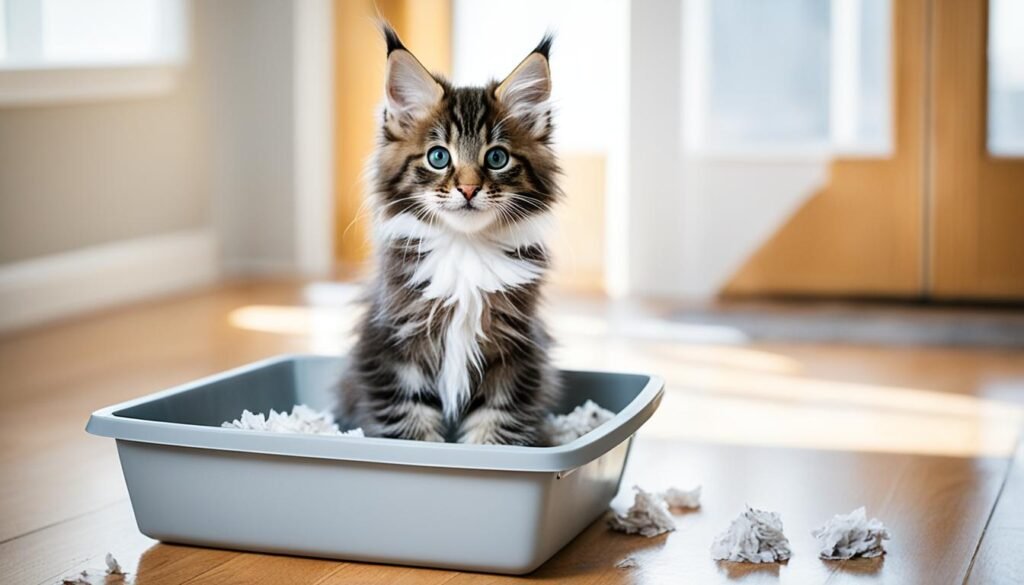
Welcoming a Maine Coon into your home is more than just giving love and care. Training and socializing your Maine Coon is crucial for a polite and friendly cat. It helps keep your home peaceful, strengthens your relationship, and keeps your pet safe and happy.
Litter Training Tips
Litter training is crucial and the first step in Maine Coon training. It ensures your home stays clean. Begin with a litter box that is the right size to encourage proper use. Below are key tips for successful litter training:
- Maintain a clean litter box, as Maine Coons are particularly sensitive to untidy environments.
- Choose an accessible and quiet location for the litter box to provide privacy and comfort.
- Use unscented, fine-grained litter which is similar to what Maine Coon kittens may have used in their early environment.
- Consistency is key—establish a routine to help your kitten familiarize faster with the training process.
Regular cleaning supports the litter training process and meets Maine Coons’ need for cleanliness.
Socialization Techniques
Social interaction is key for Maine Coon kittens, especially from 3 to 12 weeks old. Exposing them to different experiences and settings boosts their friendliness. Here are effective ways to socialize your kitten:
- Gradually introduce them to new people, pets, and places to avoid stress.
- Use treats and affection as rewards for calm behavior and successful interactions.
- Engage them with toys and activities that encourage playing and socializing.
These activities build confidence and prevent issues like separation anxiety and aggression. They prepare your Maine Coon for various social situations.
Maine Coons are smart and eager to learn, making training enjoyable. However, patience and regular practice are essential. With the right approach, you can raise a friendly and well-adjusted Maine Coon.
Regular Health Checkups and Vaccinations
Keeping Maine Coon cats healthy requires regular vet care and sticking to their vaccination plan. Regular checkups help spot any issues early. This way, your Maine Coon stays healthy.
Importance of Early Vet Visits
Early vet visits are crucial for Maine Coon kittens. They help catch any birth issues early. Kittens should see the vet every 3-4 weeks until they are 4 months old.
During these visits, they get important shots. These protect them from diseases like feline distemper and calicivirus.
Keeping Track of Vaccination Schedules
It’s important to keep up with your Maine Coon’s vaccination schedule. Adult Maine Coons need yearly checkups and shots. Cats over 7 years old should go twice a year.
Each visit should update their vaccinations, including those against rabies and feline herpesvirus. Keeping detailed records of all vet visits is also advised. This helps ensure your cat gets the care they need.
Preventive care should include looking after their teeth to prevent dental diseases. Brushing their teeth or giving dental treats can help keep them healthy.
Maine Coons that go outside may need to see the vet more often. Watch for any changes in their behavior or eating habits. These could signal health problems that need quick attention.
Proper vet care and vaccinations form a strong health basis for your Maine Coon. This helps them live a long and joyful life.
Common Health Concerns in Maine Coons
Due to their unique size and traits, Maine Coon cats face certain health issues. It’s very important for their owners to know about these, so they can keep their cats healthy. Visiting websites like maine coon health concerns will be helpful.
Hypertrophic Cardiomyopathy (HCM) and Hip Dysplasia are common in these cats. HCM is a heart problem that affects about one-third of Maine Coons. It makes them tired and breathe fast. Hip Dysplasia affects their ability to jump and makes them limp, impacting about 20% of them.
They can also suffer from Spinal Muscular Atrophy (SMA), which reduces muscle mass, and Polycystic Kidney Disease (PKD), leading to kidney failure. Catching these diseases early and starting the right treatment is key. This helps improve their lives significantly.
| Condition | Prevalence | Symptoms | Treatment |
|---|---|---|---|
| Hypertrophic Cardiomyopathy (HCM) | High (1/3 of cases) | Lethargy, rapid breathing | Medication, diet |
| Hip Dysplasia | Moderate (20% of cases) | Limping, pain | Pain relief, surgery |
| Spinal Muscular Atrophy (SMA) | Less Common | Weakness, abnormal posture | Supportive care |
| Polycystic Kidney Disease (PKD) | Varies | Increased thirst, lethargy | Medication, diet therapy |
To learn more about Maine Coons’ health issues, including how to prevent and manage them, seek out trusted sources. This information is crucial for tackling these health challenges effectively.
Grooming Your Maine Coon Kitten
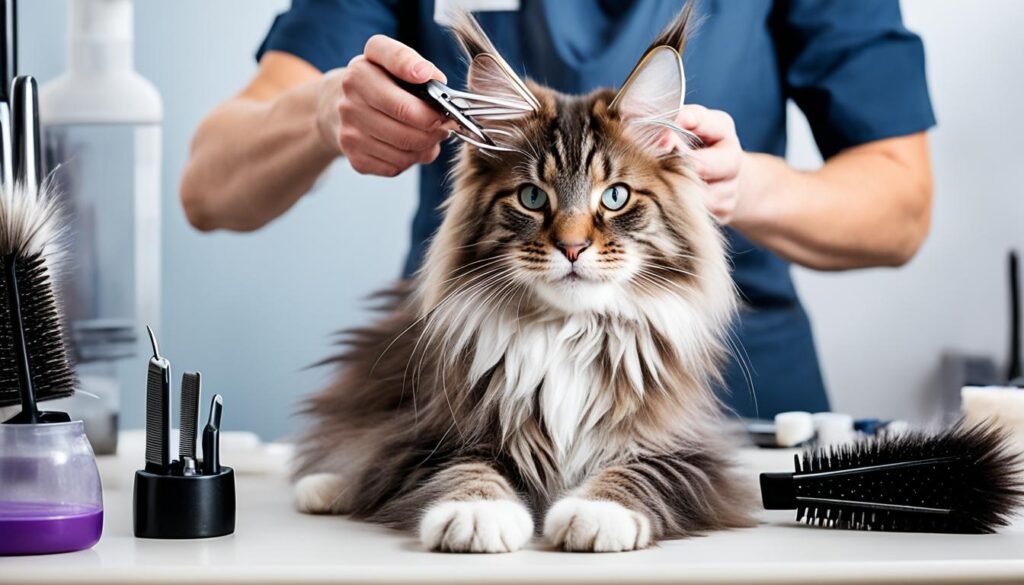
Grooming your Maine Coon kitten is crucial for both their look and health. It’s not just about making them look good. It also affects their overall health greatly. Starting early with grooming gets them used to it, which makes it nicer for them as they grow.
Coat Care and Brushing Routines
To keep your Maine Coon kitten’s coat looking amazing, you need to brush it often. Aim to brush it two to three times every week. This gets rid of dirt, stops their fur from tangling, and helps prevent hairballs by removing loose fur they might swallow.
Choose brushes that work well with their thick fur, like soft bristles or nylon. This will help manage their fur and keep it shiny.
- Using a shampoo and conditioner made for cats keeps their fur shiny and healthy.
- Give your Maine Coon food with lots of animal proteins (at least 50%) for a great coat and hair growth.
Nail Trimming and Dental Hygiene
Nail care keeps your Maine Coon from hurting themselves or scratching up the furniture. Start nail trimming early so they get used to it. Likewise, taking care of their teeth is very important. Brushing their teeth often stops plaque and keeps them from getting dental diseases, which is common in cats.
- Soft paws and regular nail clipping can control their scratching habits.
- A cat-friendly toothpaste and the right toothbrush ensure good dental health.
Making grooming a part of your Maine Coon’s daily life is key to their well-being. It’s not just about looks but also greatly affects their health and happiness. Adjust grooming routines based on what your kitten likes and what they need. This will make grooming fun for both of you.
Maine Coon Kittens and Multi-Pet Households
Introducing a Maine Coon kitten to a home with other pets can be fun. This is thanks to the Maine Coon temperament, known for being friendly and loving. These kittens act like dogs sometimes, enjoying playtime and water, which helps them bond with other pets, including dogs.
Maine Coons are not only big but also very friendly. They are great at making strong connections with people and other pets. This makes them perfect for homes with many pets. Yet, knowing the personalities of both the Maine Coon and the existing pets is crucial for a smooth mix.
To ensure peace, watch how the pets interact at first. Setting limits and safe spots for each pet helps keep order at home. Breeders often stress how important early friendliness in Maine Coons is for their sociable behavior.
Regular grooming is key for Maine Coons’ beautiful coats and also eases stress as they get used to other pets. Here are some tips for a peaceful multi-pet home with a Maine Coon:
- Gradual introduction: Let your Maine Coon and other pets slowly meet in controlled settings.
- Understand body language: Watching how pets act towards each other helps spot if they’re comfortable or might fight.
- Create multiple feeding zones: Having different places to eat stops food fights among pets.
- Provide individual attention: Make sure to spend special time with each pet so they all feel loved and safe.
In summary, Maine Coons are a great fit for homes with many pets because of their loving nature. The success of mixing them with other pets depends on understanding and meeting everyone’s needs. For more on bringing a Maine Coon into a multi-pet home, check out Maine Coon Cat Nation.
How to Find a Reputable Breeder or Adoption Center
Looking for a reputable breeder or a reliable adoption place is key when getting a Maine Coon kitten. It’s important to pick a source that cares about animal welfare. This means you get a healthy and well-socialized pet. We’ll go over important tips about adopting, spotting bad breeders, and how to steer clear of scams. This way, you’re set for a happy and ethical adoption journey.
Questions to Ask the Breeder
- Could you provide detailed records of the kitten’s vaccinations and overall health history?
- Are the kittens’ parents available to meet? Can you provide information about their health and temperament?
- How do you socialize your kittens, and what steps do you take to ensure they are ready for home adoption?
- Can you provide references from previous buyers or a vet?
Spotting Red Flags and Avoiding Scams
It’s crucial to watch for breeder red flags and scams when you want a Maine Coon kitten. Here are signs that might show a breeder is not trustworthy. Plus, we give tips on avoiding scams:
- Lack of transparency: Be wary if they won’t show where the animals are kept or provide clear documents.
- Immediate availability: Good breeders usually have waiting lists. If a kitten is ready right away, it could mean trouble.
- Request for full payment upfront: Do not pay everything before you’ve even seen the kitten.
- Misleading information: Make sure what’s on their website matches what they tell you or what references say. If not, that’s a red flag.
Choosing to adopt from a rescue is another great option. Places like Maine Coon Cat Rescue give a lot of help to ensure their cats are ready for a new home. They work with Paws Veterinary Clinic for full health checks. This means the cats are healthy, vaccinated, and fixed before you adopt them.
Conclusion
Starting your journey with Maine Coon kittens is an exciting adventure. It shows the deep joy that comes from caring for pets. These large and friendly cats fit well in homes with kids or other animals. They strike a perfect balance between being loving companions and having an independent spirit.
Maine Coon kittens are not only smart but also full of fun. They love solving problems, like opening doors, and enjoy playing with their toys. They communicate in unique ways, from soft chirps to distinctive trills, making them vocal but not overly noisy. They also like water and can play in it, thanks to their special fur. This all adds to the unique joy these cats bring to their owners for 9 to 13 years.
Choosing a Maine Coon kitten from trusted breeders, like Dark Paws Maine Coon, is important. These breeders follow high standards to ensure the health and happiness of the cats. When you adopt from them, you’re not just getting a pet. You’re adding a new, vibrant member to your family. Maine Coon kittens bring color and activity to your life with their playful nature. They require your time and love. In return, they offer companionship and adventure, creating a strong bond with their owners.
FAQ
What specific care do Maine Coon kittens require?
Caring for Maine Coon kittens means providing a healthy diet and regular vet check-ups. You’ll also need to groom them often. Be sure to train them well and give them safe spaces at home.
How can you tell if a Maine Coon kitten is purebred?
A purebred Maine Coon kitten will have papers from a reputable breeder. Look for unique features like tufted ears and bushy tails. Some may also have extra toes.
What should I prepare before bringing a Maine Coon kitten home?
Set up your home with comfy spots for your kitten. Ensure you have food and water dishes, litter boxes, and toys. Don’t forget grooming tools and scratch posts.
How do I help my Maine Coon kitten adjust to its new home?
Let your kitten explore its new home at a comfortable pace. Gently interact with it to build trust. Also, make sure it has a quiet spot to relax when needed.
What diet is best for a Maine Coon kitten?
A high protein, grain-free diet is ideal for Maine Coon kittens. Start transitioning from mother’s milk to solid food when they are 4-5 weeks old.
At what age do Maine Coon kittens reach important development milestones?
Maine Coon kittens open their eyes at about 8 days old. Start solid foods by 4-5 weeks. They will be ready for litter training as they prepare to join new homes at 10-12 weeks.
What is necessary for litter training a Maine Coon kitten?
Use a litter box that your kitten can easily get into. Choose a kitten-friendly litter. Keep the box clean to promote good habits.
How do I socialize my Maine Coon kitten?
Introduce your kitten to new people, pets, and places gradually. Use treats and praise to encourage good behavior and build confidence.
Why are early vet visits important for Maine Coon kittens?
Early vet checks help ensure your kitten is healthy. They check for genetic conditions and start a vaccination plan against diseases.
What are common health concerns for Maine Coon cats?
Maine Coons may face heart issues, hip dysplasia, and genetic conditions. Regular vet visits help catch and manage these early.
How should I groom my Maine Coon kitten?
Establish a grooming routine that includes brushing, nail trims, and dental care. This will keep your kitten’s coat shiny and prevent health issues.
Can Maine Coon kittens get along with other pets?
Yes, with the right introduction, Maine Coon kittens can be friends with other pets. They are known for their friendly nature.
What questions should I ask when choosing a Maine Coon breeder or adoption center?
Ask about breeding practices and the kittens’ health and lineage. See the living conditions and ask for references. Transparency is key.
How can I identify and avoid Maine Coon scams?
Be cautious with breeders who won’t show you their setup or lack proper paperwork. Doubtful pricing and no proof of transactions are red flags. Always check their reputation thoroughly.
What should potential owners expect when adopting a Maine Coon kitten?
Expect to commit to your Maine Coon for a long time. This means loving care, regular vet visits, and time for training and socialization.

